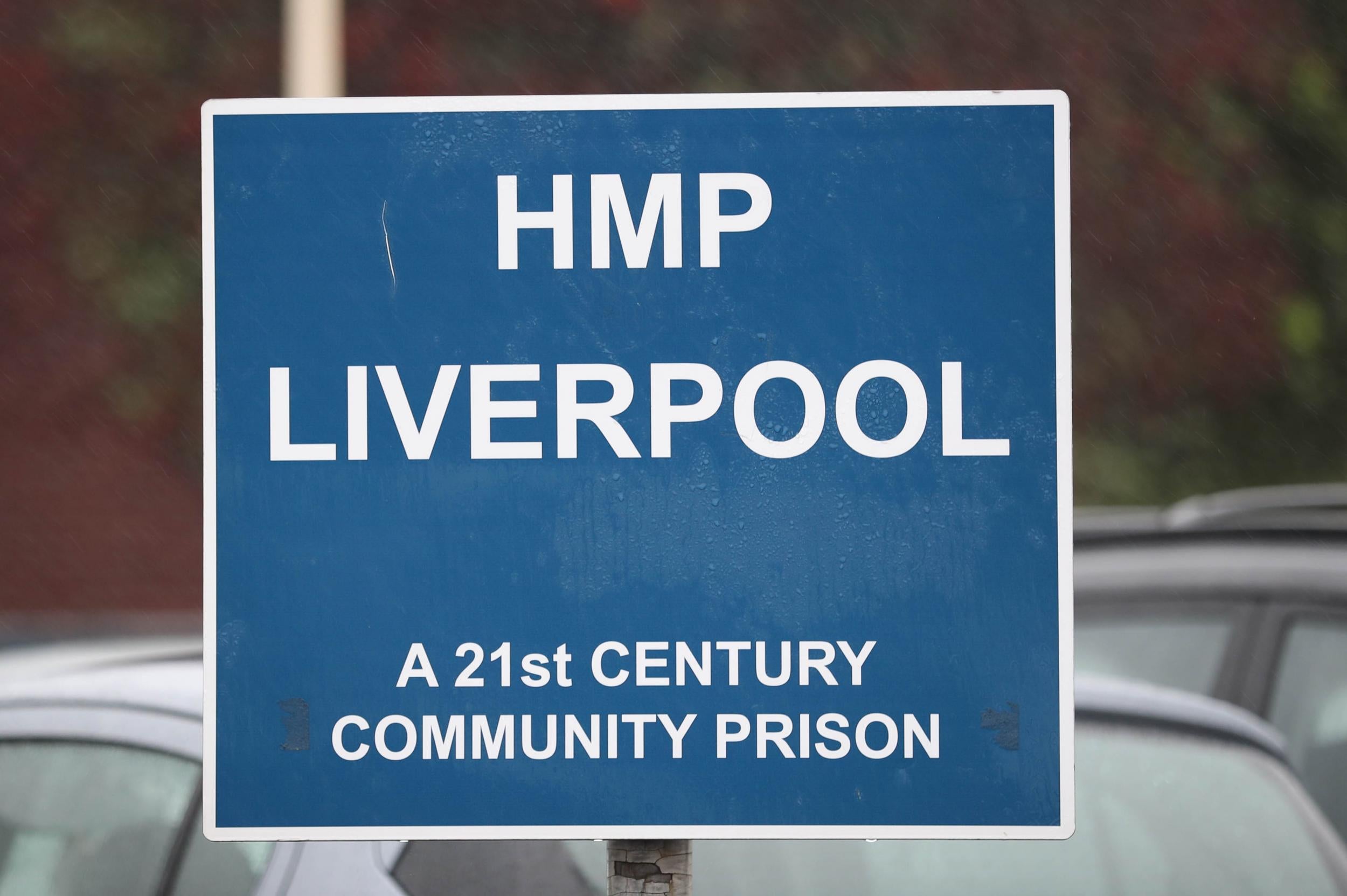You don't have to watch Scrooge on TV this Christmas to see Victorian squalor in Britain
The debtor’s prison, to which the 11-year-old Dickens’s father was sent in 1823, must have been HMP Claridge’s compared with the stories coming out of HMP Liverpool. Almost two centuries years later, how can this be?


It is that time once again when the heart, yearning for its seasonal fix of pleasure in the deprivations of Victorian Britain, turns to Charles Dickens.
Some will reread A Christmas Carol, or settle down in front of the telly for the annual viewing of Scrooge, the 1951 classic starring Alastair Sim. In the cinema, meanwhile, is The Man Who Invented Christmas, a film about how Dickens was driven to write A Christmas Carol in part by outrage about the cruelties, callousness and hateful hypocrisies of his age.
If the old boy nipped back for a visit today, in the guise of the “Ghost of Christmas Inventor Past”, his social reformist eye would be taken by various sights. He would be particularly heartbroken to note that this year’s Independent Christmas appeal is Help A Hungry Child. The famished little icon of poverty he named Want in the novella, the sister of Ignorance, is with us still.
He would also be shocked to read about HMP Liverpool. So grotesque are conditions there that a visitor might be confused by the absence of prisoners – many are locked up in their cells for 22 hours each day – into mistaking it for a satirically gruesome Dickensian theme park, rather than a home for human beings.
A post-surprise inspection report, leaked to the BBC, paints a vibrant portrait of Victorian squalor. Rats and cockroaches are rife. One area was too vermin-infested, putrid and dangerous to be cleaned. Some cells were condemnable for their exposed live wires and leaking toilets.
More graciously appointed ones had damp and broken, jagged glass. According to this team of experienced inspectors, the conditions were the worst they ever witnessed.
Death abounds. Within a month of the September inspection, after which the Governor swiftly departed, three men had died: two by suicide; the other, an asthma sufferer, after an almost 17-hour wait for a GP.
Another inmate was left with life-altering injuries after a medical examination failed to detect his broken neck.
The debtor’s prison to which the 11-year-old Dickens’s father was sent in 1823, must have been HMP Claridge’s compared with this. Almost two centuries years later, how can this be?
The simplistic answer is Chris Grayling, who served with such luminous distinction as Justice Secretary in the coalition Cabinet. What specifically distinguished Grayling was his uniquely elastic interpretation of the word “justice”, which he stretched to include imposing on the prison population such shameful underfunding and criminal understaffing that a system – which had long creaked and groaned under the strain – effectively collapsed.
Some of the deaths in Liverpool and other nicks, and much of the torment suffered by those treated worse than battery hens, are arguably on his head.
One of the drawbacks to lifelong atheism is that you cannot believe in an afterlife. If only there were a hell like the one the Ghost of Christmas Yet To Come shows Scrooge. It would be comforting to imagine a corner reserved for Grayling.
Perhaps a slice of eternity down there, moaning piteously and clanking about in serpentine chains, would give him pause for thought, as it did Jacob Marley.
But however convenient it is to hold one unusually repulsive politician to account, the truth is always more complex. Cruelty cannot live in a vacuum. It must have the oxygen of apathy to thrive.
It isn’t merely that Whitehall shuts its eyes to such horror. Ministers and civil servants can only do so when reassured that the public isn’t bothered enough to make it a hot political issue.
Much has changed since Dickens wrote his great novella in 1843. Liverpool was the richest city in the world then. Today, despite its regeneration, crowds at the World Darts Championships sing with contempt: “Feed the Scousers, let them know it’s Christmas time”, to the tune of the Band Aid anthem, every few minutes.
You can’t help wondering whether a prison anywhere else in the country would be allowed to sink into such degradation by those with a duty of care to inmates.
But while the Walton jail in Liverpool may be the worst of its kind, and while Chris Grayling and his successors are directly responsible for this national stain, the blame spreads far beyond the penal system and the individuals who mismanage it.
If you do what those in government are so adept at avoiding, and raise your eyes from the sand, you see how little has fundamentally changed. What were soup kitchens in the Victorian era are food banks today. Despite them, many children in one of the planet’s richest cities and throughout Britain are so starved of essential nourishment that rickets, the calcium deficiency disease which left Tiny Tim on crutches, has revived.
I hope we all donate to Help A Hungry Child in the optimistic belief that one day soon there will no need for such a campaign.
But if we really want to know why it persists, and why human beings are treated in a manner that would have pet owners banged up with them in Liverpool nick, we need only look in the mirror.
“Mankind was my business,” screamed the anguished Marley to Scrooge. Chris Grayling should roast in hell for scorning the intrinsic truth of that.




Join our commenting forum
Join thought-provoking conversations, follow other Independent readers and see their replies